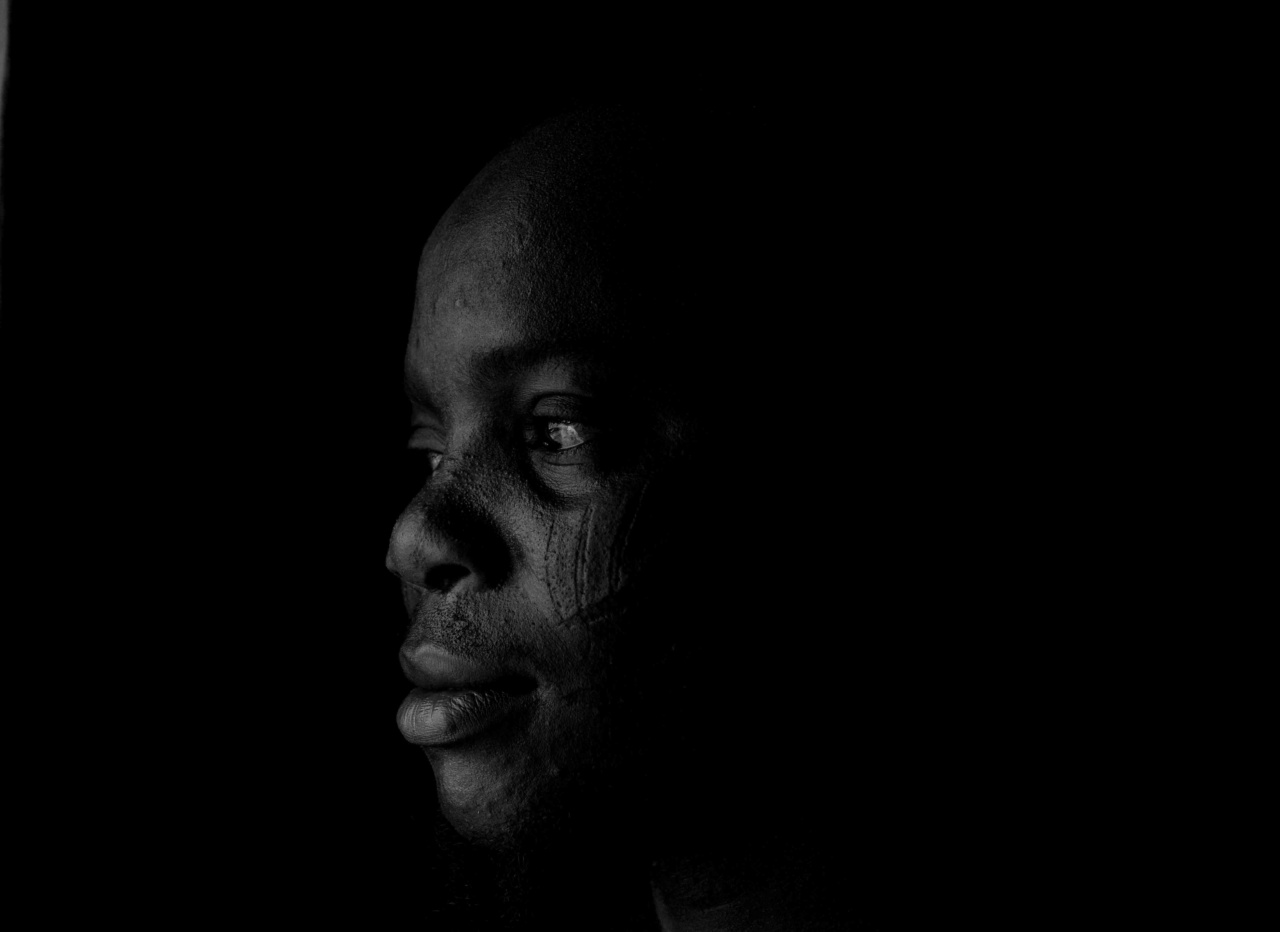Disability is a harsh reality that many people face, but it may be most sobering when it strikes in middle age.
When someone loses their ability to work, care for themselves, or enjoy the activities they once loved, life as they knew it is forever changed. This article explores the impact of disability on those in middle age, and the challenges that come with it.
What Is Disability?
Disability is a broad term that can refer to a variety of conditions that affect a person’s physical, mental, or emotional functioning. These conditions can be present from birth, or can result from injury, illness, or the aging process.
The Reality Of Disability In Middle Age
For those in middle age, disability can be particularly devastating. This time of life is often marked by stability, career advancement, and growing independence. But when disability strikes, all of these things can be threatened.
Many people with disabilities in middle age find it difficult or impossible to continue working, which can have a significant impact on their financial stability.
Even those who are able to work may find that their earning potential is limited by their condition.
Disability can also impact a person’s relationships with family and friends. Activities that were once enjoyed together may no longer be possible, leaving the person with a disability feeling isolated and disconnected.
Finally, disability can take a toll on a person’s mental and emotional health. Coping with the challenges of a disability, particularly one that strikes later in life, can be incredibly difficult and overwhelming.
The Challenges Of Disability In Middle Age
There are many challenges that come with living with a disability in middle age. Here are just a few:.
Financial Challenges
As mentioned, many people with disabilities in middle age find it difficult or impossible to work. Without a steady income, it can be hard to make ends meet.
Medical bills, adaptive equipment, and other expenses associated with a disability can quickly add up, making it even more challenging to stay afloat.
Physical Limitations
Depending on the nature of their disability, someone in middle age may face physical limitations that impact their mobility, independence, and quality of life.
Simple tasks like going up stairs or getting in and out of the shower may become incredibly difficult or impossible.
Social Isolation
Friends and family may not know how to interact with someone who has a disability, and may not understand the challenges they are facing. This can lead to social isolation and a feeling of disconnect from others.
Mental And Emotional Health
Coping with a disability can take a significant toll on a person’s mental and emotional health. Depression, anxiety, and other mental health conditions are common among those with disabilities.
Coping With Disability In Middle Age
Living with a disability in middle age is not easy, but there are things that can be done to make it more manageable:.
Seek Out Support
Joining a support group or connecting with others who have similar experiences can be incredibly helpful. It’s important to know that you are not alone, and that there are others who can provide understanding, empathy, and practical advice.
Explore Your Options
There may be resources available to help you with the challenges of your disability. This could include financial assistance, adaptive equipment, or home modifications that make your living space more accessible.
Adjust Your Expectations
Living with a disability often means making adjustments to your expectations and priorities. It can be helpful to focus on what you can still do, rather than what you can no longer do.
Take Care Of Yourself
Coping with a disability can be emotionally and physically exhausting. It’s important to take care of yourself by eating well, getting enough sleep, and engaging in activities that bring you joy and fulfillment.
Conclusion
Disability in middle age is a sobering reality that can have significant impacts on a person’s financial stability, relationships, and overall quality of life.
It’s important to understand the challenges that come with this experience and to seek out support and resources that can help you cope.































